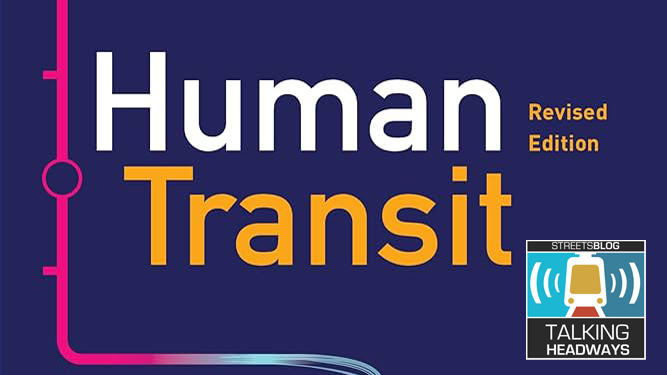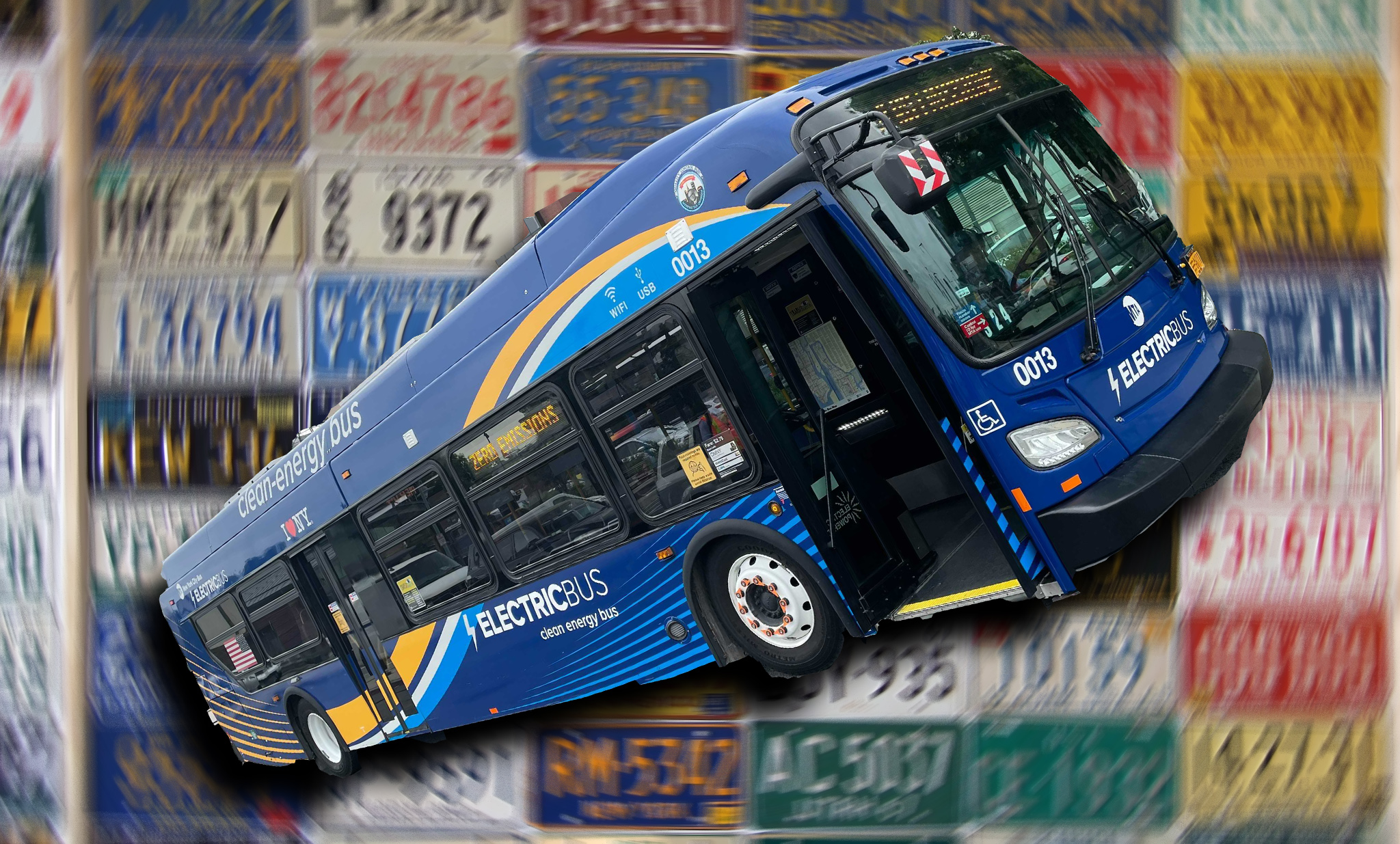Washington State could risk losing $4 billion in transportation funds if voters pass a ballot measure to slash a vehicle fee this November, a new report shows.
The state could sacrifice $1.9 billion and cities would miss out on $2.3 billion for infrastructure and transit projects over the next six years if Initiative I-976 goes into effect, according a report the state Office of Financial Management released this week.
That includes the elimination of $328 million per year for the Central Puget Sound Regional Transit Authority, which is in the middle of a $54-billion expansion of 62 new miles of light rail in the Seattle metro area.
Voters in 2016 approved the ambitious transit revamp by signing off on a half-cent sales tax increase, a property tax boost of 25 cents per $1,000 of assessed value, and a 0.8 percent increase for vehicle excise taxes and what is known locally as car tabs.
But the tab, an annual fee the state tacks onto a car based on its assessed value, is back in the crosshairs thanks to conservative zealot Tim Eyman, who wants to reduce the fee to a flat $30 after some motorists got sticker shock last year. For instance, tab fees on a car worth $10,000 have risen from $30 to $110.
Eyman has opposed the vehicle fee for a decade and his campaigns are highly controversial. He even declared bankruptcy to halt a $1.8-million civil suit in which State Attorney General Bob Ferguson charged that Eyman took $308,000 in kickbacks from a firm that collected his petitions to get his initiative on the ballot.
Yet the legal trouble couldn't slow him. By January, Eyman collected 289,000 signatures in his petition, well above the 259,000 signatures needed to get his measure onto the ballot this fall. And Eyman may have more public sympathy after reports that the state overcharged hundreds of drivers in collecting license plate tags.
But the reduction of the car tab fee and vehicle sales taxes, the measure would affect ferry maintenance, highway and road repair, new sidewalk construction, traffic signals, and cycling and pedestrian infrastructure projects.
Seattle, which uses an $80 car tab that partly funds bus service, would lose $35.9 million through the end of 2020 if the measure passes.
“This is not fancy stuff. This is redoing roads, trying to keep our roads in good shape,” Reid Bennion, a management analyst in the Tacoma Public Works Department, told the Seattle Times.





